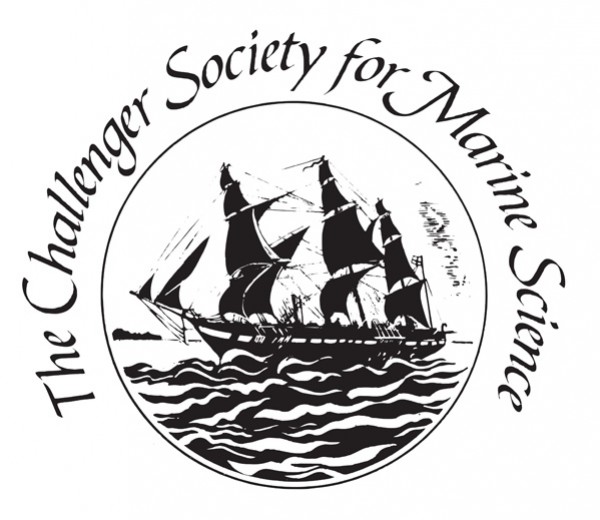The Group
Ocean surface waves are an important phenomenon in many aspects of oceanography, while also crossing many disciplines, from meteorology to sediment transport, renewable energy, coastal morphology and coastal engineering.
Waves have direct impact on safe navigation and coastal erosion, as well as mediating ocean-atmosphere interactions with transfers of momentum, heat, water, carbon dioxide and other quantities.
Often regarded as a topic separate from oceanography, ocean waves are included in global meteorological centre forecasts, and studies of other processes may neglect them at their peril, as they are often implicitly accounted for, while their variability may not be properly understood. The study of waves takes in many widely-varied skills, from in situ observations to satellite remote sensing, from statistics of extremes to long-term climatic trends, and from modelling of ocean waves on global scales down to details of wave-current interactions or the bottom boundary layer in shallow water.
Aims of the Special Interest Group
- To promote research in ocean surface waves and of their interactions with oceanographic, atmospheric and climatic processes.
- To provide a forum for cross-disciplinary exchange of information.
- To encourage early-career researchers in this field by providing an informal platform for presentations and interactions.
The Challenger Society
The Challenger Society for Marine Science is a learned society for marine scientists in the UK. It is named after the ship HMS Challenger, which was used in one of the most important marine studies ever conducted.
We are the foremost learned society representing the UK academic marine research community.
The Society is a Limited Company and Registered Charity run by an elected Council, assisted by a part-time Executive Secretary, who is the principal point of contact with the Society.

Join our mailing list
Receive information about future events
Please contact Dr Lucy Bricheno (luic@noc.ac.uk) to be added to the mailing list.